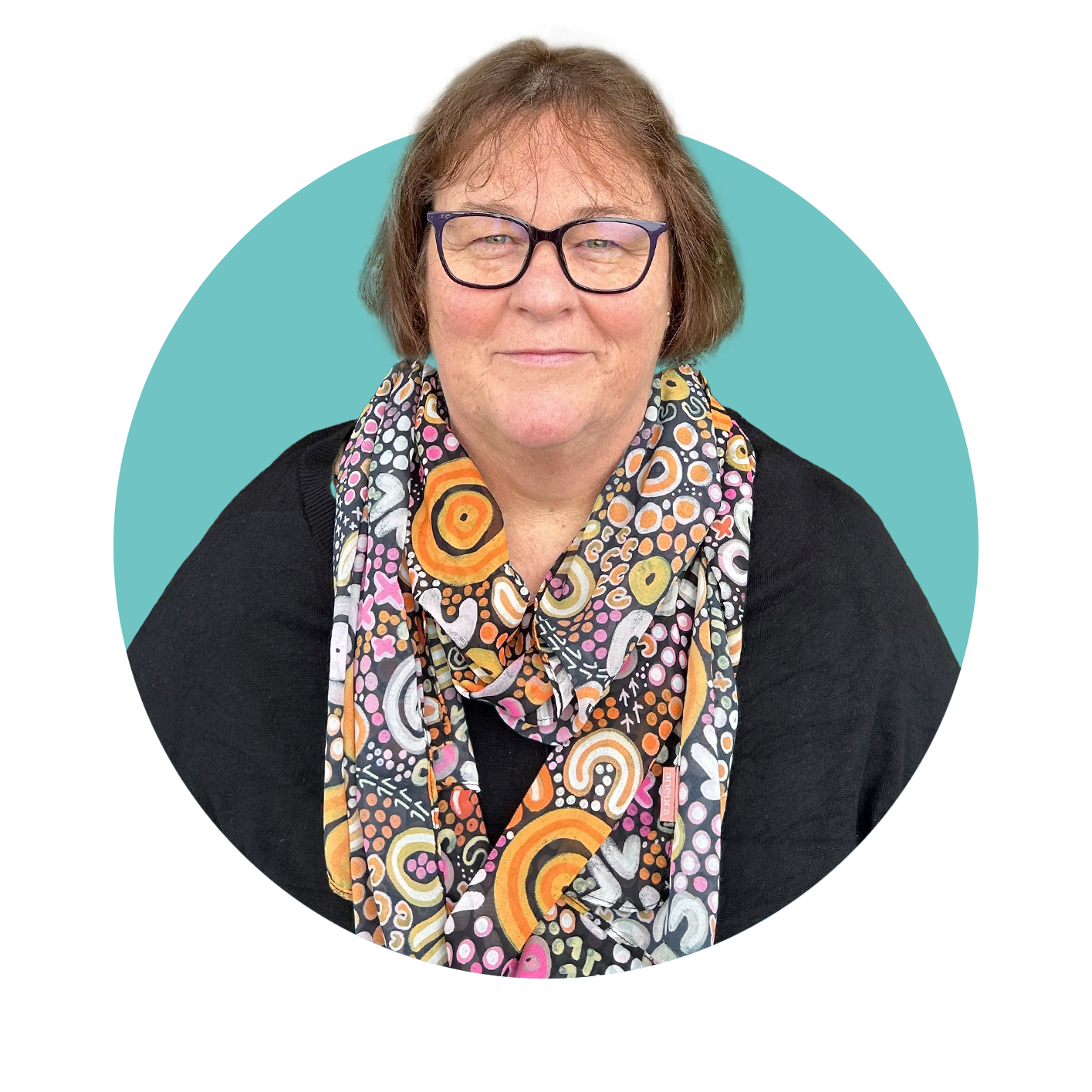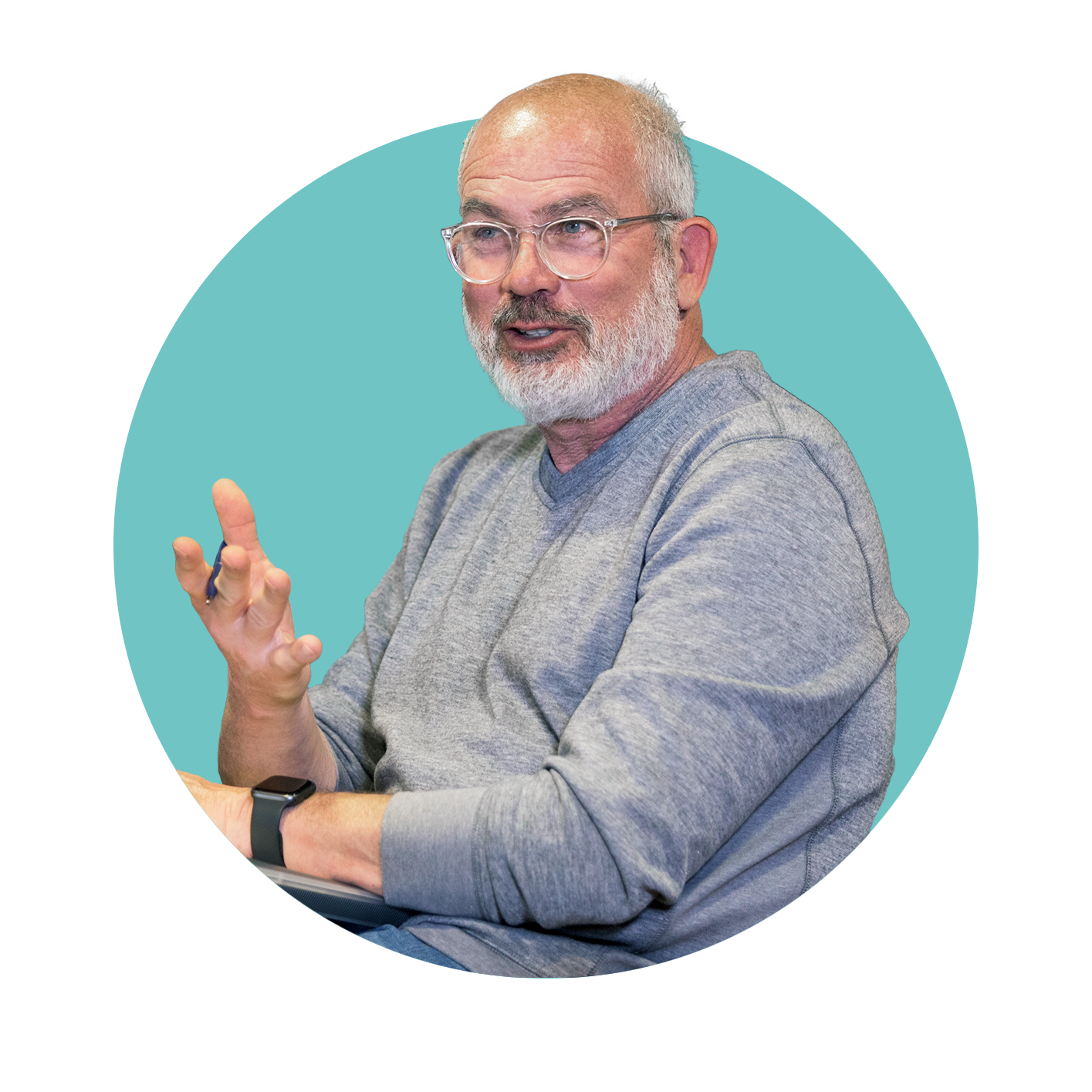Steering Success: Governance and Advisory Groups Advance SEMPHN’s Strategy
Providing consumer-focused healthcare in south east Melbourne - where we are making what consumers value in their healthcare - central to what we do.
Related Tags

Our achievements over the past 12 months would not have been possible without the involvement of SEMPHN’s Clinical and Community Council. The Council continued its efforts to provide advice and support to better meet the changing needs of our communities.
The Clinical and Community Council and the recently established Primary and Aged Care Reference Group and Mental Health and Wellbeing Reference Group are an essential part of our advisory ecosystem which oversee and provide advice on different aspects of the services we commission.
They help advance SEMPHN’s strategy by advising on SEMPHN initiatives, ensuring we continue to create opportunities for people in south east Melbourne to live their healthiest lives.
A stronger Advisory System
The Clinical and Community Council, established in 2015, comprises representatives across community, primary and acute health services and provides clinical and community advice and guidance in matters relating to safe and high-quality planning, implementation and ongoing evaluation of SEMPHN services and programs.
We strengthened the Council’s knowledge, expertise and experience when we welcomed three new members in June 2024, who are working alongside our eight existing members and Council Chair and Board Member Tony Clarkson.
This growth widens the range of advice we receive about different priority areas including mental health and culturally and linguistically diverse communities and helps to expand our value to stakeholders.
One of the Council’s roles is to provide oversight of SEMPHN’s Advisory System, including the Reference Groups established over the last year or so. This support ensures gaps in advice from key populations, customers and stakeholders are being identified and considered.
Leadership in First Nations Engagement
SEMPHN’s First Nations Voice to Parliament Position Statement was a direct result of the Clinical and Community Council’s First Nations members working with the SEMPHN Board to draft, endorse and publish a clear position which led the way for other PHNs to come forward with their support. Council members provided invaluable insight and knowledge in this process which led to publication of the first statement of its kind among Victoria’s Primary Health Networks.
Later in the year on behalf of SEMPHN, First Nations Council Members Dr Luke Martin and Brenda McDermott developed SEMPHN’s position statement on a Victorian Treaty, acknowledging our partnership stance with the Victorian Aboriginal Community Health Organisation (VACCHO) and others in urging Victorian Members of Parliament to reaffirm the original bipartisan commitment to Treaty - a key step towards self-determination for First Nations peoples.
The Council’s leadership and involvement in supporting the Voice to Parliament and Victorian Treaty helped our engagement with local First Nations providers.
The SEMPHN First Nations Reference Group slated for formation in 2024 to support First Nations health and wellbeing initiatives was paused due to community feedback after the outcome of the Voice to Parliament Referendum. Discussions will recommence when appropriate, in line with SEMPHN’s commitment to a First Nations’ approach of 'nothing about us, without us’.
The Clinical and Community Council’s First Nations members continue to inform and be consulted on activities within SEMPHN’s First Nations Activities Plan.
The Primary and Aged Care Reference Group
The Primary and Aged Care Reference Group members are an engaged group of people with lived experience and professionals who work within local communities.
This year they provided insights into ‘tipping points’ for people living at home to move into Residential Aged Care Homes.
Additionally, members offered valuable advice on the MyMedicare roll-out in the context of aged care and primary care settings, as well as recommendations on additional services to complement SEMPHN’s existing Care Coordination Support Services.
Feedback was also provided on the implications, complexity and design, of the new MyMedicare registration form.
Mental Health and Wellbeing Reference Group
This year also saw the establishment, under the oversight of the Clinical and Community Council, of the Mental Health and Wellbeing Reference Group. While in its infancy, the group has begun to build its understanding of SEMPHN’s funded Mental Health, and Alcohol and Other Drug programs.
Membership has been drawn from:
- mental health service providers, Alcohol and Other Drug service providers, peak bodies, Local Health Networks, First Nations peoples, local government, psycho-geriatric practice, youth mental health, mental health reform bodies, general practitioners, and general practice.
- People with lived, living or carer’s experience in the community.
The Group began to consider the overlap of mental health and ageing issues across programs and population groups, and how the recommendations of the Royal Commission into Victoria’s Mental Health System can be incorporated into solutions for current and future programs.
Driving consumer-focused healthcare
SEMPHN’s Reference Groups are a new element of our advisory system.
As they evolve, they will continue to share the views of consumers, carers, service providers and communities from across the region and communicate these and any emerging risks or opportunities identified to advance our funded programs.
They are the voice of lived experience and professionals who work with local communities, and they align with our strategic goal of providing consumer-focused healthcare in south east Melbourne - where we are making what consumers value in their healthcare - central to what we do.
Up next:
Upskilling practice staff to increase MyMedicare engagement
A new voluntary patient registration model, MyMedicare, was launched by the Department of Health and Aged Care in May 2023. The purpose of MyMedicare is to improve the continuity of care in communities by formalising the relationship between patients, their general practice, general practitioner and primary care teams.






